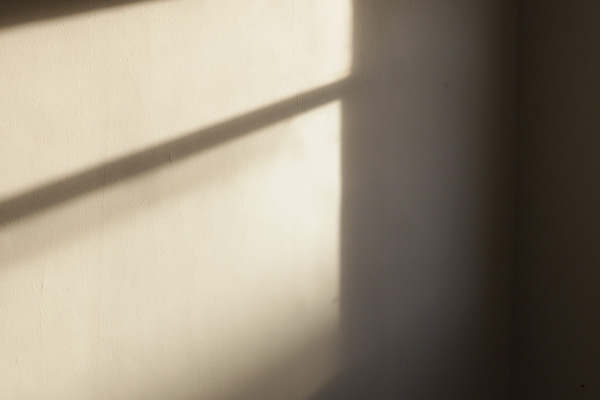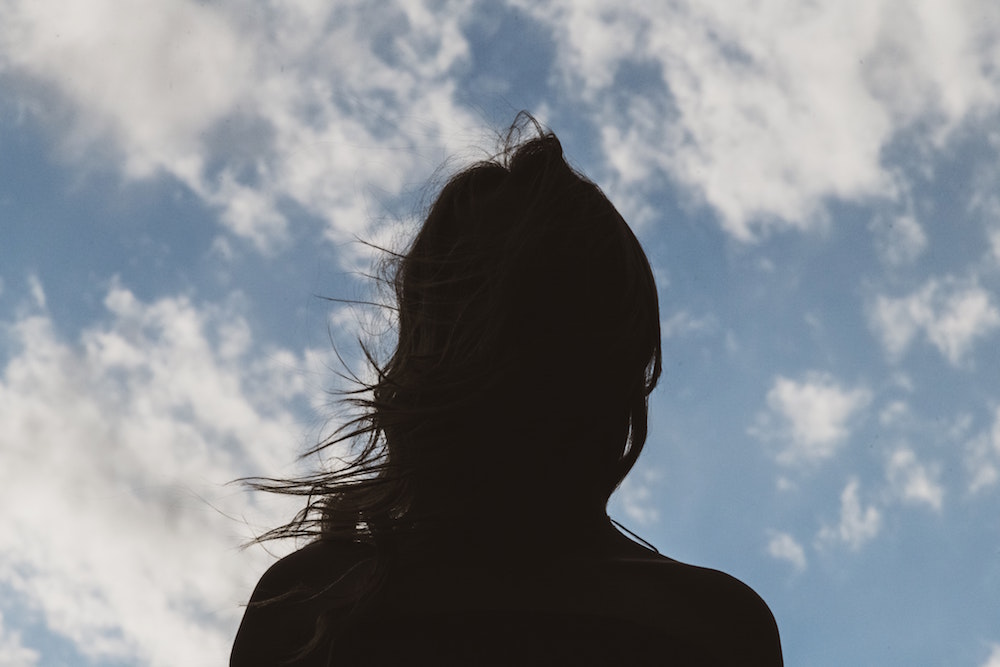Nicholas and I arrange our schedule around what we call the PTSDs—Prime Times of Staring and Derision.
Most mornings we arrive at the pool by 8:30 a.m., when it first opens, and, after a duration in the sun sufficient to invigorate us, we leave, at the latest by eleven a.m., when the first of the “prom couples” (another term we’ve coined) descends.
After the pool, we go to the club, where we have a midday meal. Except for a few of the waiters and cooks who congregate, speaking faraway-sounding languages, at the back of the restaurant, we are, typically, on our own. We prefer to eat before the lunchtime rush, even if it means forgoing some of the fresher varieties of crudité, and the better cuts of meat, which the staff put out at half past noon. In our experience, the staring and derision are more intense indoors than outside, by the pool or on the golf course, where the sun has, it seems to me, a kind of drowsing, certainty-depleting, effect. It is an effect with which I am myself familiar.
Occasionally, in the afternoons, Nicholas and I will play a half-round of golf, or a few sets of tennis, provided my shrapnel knee isn’t causing trouble. But, more often than not, the exhaustion we feel in response to all the staring and derision—it seems extreme to call the feeling fear, or even resentment—keeps us indoors, in my condominium, which sits at periphery of the community, in the shadows of the palms that screen sounds from the freeways beyond the outer wall.
On most days, my housekeeper finishes her work by four p.m., and then my daughter calls (with, it must be said, wearying exactitude) at five p.m.; she keeps me on the phone, boasting about her children and inquiring after my well-being, for only a few minutes each time. This leaves Nicholas and me a good four-hour span in which to do, it is my joy to say, whatever we please. How we occupy ourselves during this time is something that is perhaps best left to be contoured and colored in by individual imaginations. But, at the risk of offering too much, I feel I must say—if only in an effort to discourage the sorts of misgivings that have been felt, and sometimes vocalized, by members of my community—that our activities in these hours are enjoyable to both of us, and, far from constituting any kind of exchange, or transaction, they instead partake of a kind of innocence, a naïve tenderness even, that, had you asked me years ago, I would have said I was certain I would never experience again.
In accordance with the advice of my doctors, as well as the nurse from the Veterans Hospital who visits me each week, I am in bed and asleep by nine-thirty p.m. most nights. There are times when Nicholas goes to sleep with me but, more often, he stays awake, playing on his phone or watching television, before retiring a little later to the guest bedroom (for fear, he tells me, of disturbing me). Sometimes, after I have gone to bed, he leaves the condominium altogether, although I do not think he knows I know this. On these nights, he returns at hours that seem, in my half-dreaming state, extreme, but that are probably normal for him, given his age. I have no objections. I only care that he is there again in the morning, which he nearly always is.
It sometimes amazes me: the paucity of things I require, to reestablish, each morning, my sense of solidity. These days, I feel, I need little besides Nicholas’s cowlick, which he is forever failing to tame, or the slight protuberance of his stomach, as he sits over the kitchen table, reading for the community-college classes he loathes, or the pinkness of the skin on his hands and feet, which, on my own body, would signal a cut, or abrasion, that had left raw flesh exposed. I need little besides this, and it gratifies me. The possessions that have been taken from me, the women and men who have died, the others who will not speak to me, the memories that, my doctors tell me, will slowly, and then very rapidly, abandon me: these matter little to me anymore.
I need little besides Nicholas and, on days when he is away—for he is, on occasion, absent, for varying reasons and varying durations, sometimes for only a few days and sometimes, like now, for several weeks—I find I am adept at keeping myself occupied. When I return home from the club, I retire to my back porch, where the view offers, to my mind, endless diversions. Egrets land in the pond at the bottom of the slope, gathering air in their wings as they decelerate. Around the time the sun sets, at just the moment the light catches it, I study a certain palm frond that I have watched, over the past few months, slowly age. At its base it is vibrant, blue and hard, while, at its end, it is frail, brown and bug-eaten. And yet it’s this end, the frail end, to which my attention is drawn—the place at which the thing seems to attain, in a final, wilted, sun-soaked way, a kind of inviolable privacy.
It is silent for the most of the day. At times I catch myself listening for sounds—for voices, soft approaches.
But, as night falls, I relinquish, and give my ears to the chorus: storm-front breezes passing through high grasses; motorcycles howling on distant freeways; overhead, planes diving toward dark destinations; and, underneath me, the earth crawling, amid a pandemonium of insects.
—
Daniel Lefferts is a writer living in New York.

![[Sleep] Endymion](http://archive.columbiajournal.org/wp-content/uploads/2020/07/roses-2.jpg)

